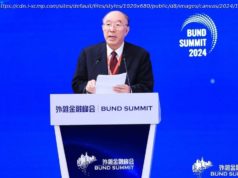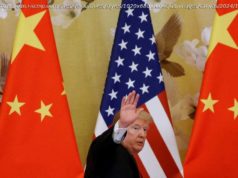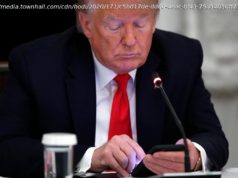As U. S. president Donald Trump disassembles regulation, Chinese president Xi Jinping enforces it.
Last January, President Xi Jinping gave a through-the-looking glass speech in Davos, Switzerland, urging the world to embrace free trade, hours before the most professedly protectionist President of the United States in living memory was about to take office. One of the few areas where that new president has affected meaningful governmental change in the ensuing half a year has been in his administration’s efforts to disassemble many of the regulations his predecessor put in place.
How topsy-turvy, then, to note that where the U. S. is zigging, once again China is zagging, by adding new regulations, this time in the conduct of its supremely successful Internet giants. The Wall Street Journal reported over the weekend an investigation by China’s powerful Cyberspace Administration into potential violations by units of Tencent, Alibaba, and Baidu of a new regulation governing online conduct.
Conventional wisdom holds that Chinese Internet companies operate with the tacit approval of the government and that they know how to stay in compliance with its wishes. The powerful triad generally responded with calming words of obeisance. And the Journal quoted an academic who notes that regulators understand the efficacy of going after big players rather than small fry. U. S. regulators, particularly the Environmental Protection Agency, figured this out long ago.
More interesting still was a report from the New York Times that Facebook surreptitiously launched an app in China that looks like one of its own but doesn’ t identify itself as a Facebook app.
Back when there were two superpowers in the world only one had an interesting economy. Now the world has only one true superpower, but that won’ t last. And China’s economy—high-growth, highly innovative, heavy state involvement, over-the-top debt—just gets more and more interesting.






